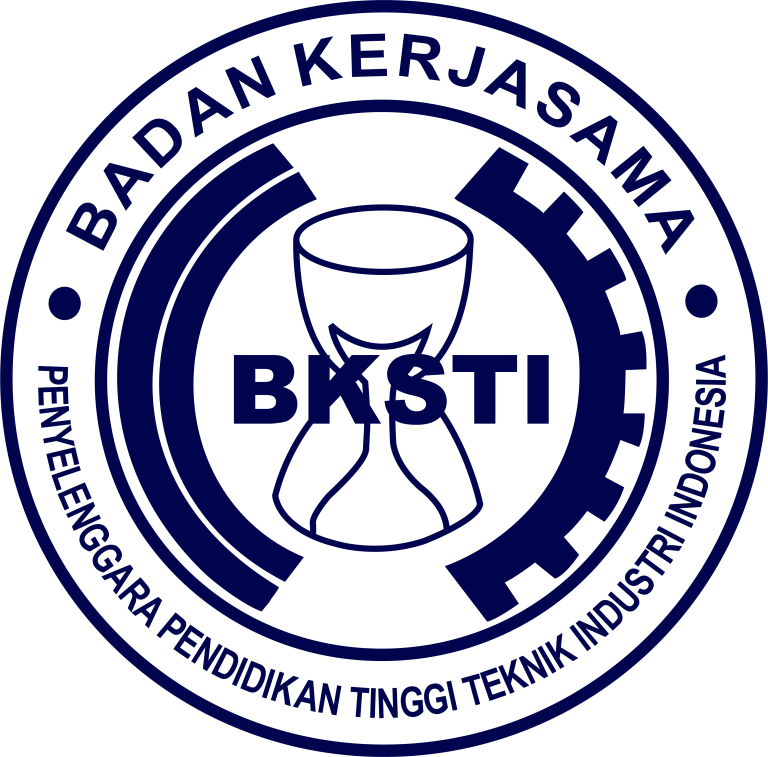Pengendalian Kualitas Proses Pengemasan Gula Dengan Pendekatan Six Sigma
DOI:
https://doi.org/10.30656/jsmi.v1i1.173Keywords:
Quality, Production Process, Six SigmaAbstract
The main factor to achieve business success in the era of globalization is quality. Quality control is key in maintaining customer loyalty. In the company's production process is still found the resulting product does not comply with the specified specifications. This study aims to determine the value of sigma and factors causing damage to the production process of bagging section For companies with quality control is expected to achieve corporate goals. In this study, the methods used is Six Sigma with define, measure, analyze, improve. Six Sigma result is measurement of company performance baseline at measurement stage that is company at condition 5,1 sigma with DPMO equal to 162,4532. The factors causing the disability of sugar packing are lack of research and skill of the operator, instability of conveyor speeds and jet engine position, machine hygiene condition, lack of weighing machine, and ineffective treatment, and control method.
Downloads
References
Defrianto, E. D., & Farida. (2016). Analisis Kualitas Produk Gelas Kaca Crown dengan Metode Six Sigma dan Kaizen di PT. Semesta Raya Abadi Jaya Gresik. Jurnal Tekmapro, 10(1), 16–25.
Fransiscus, H., Juwono, C. P., & Astari, I. S. (2014). Implementasi Metode Six Sigma DMAIC untuk Mengurangi Paint Bucket Cacat di PT X. Jurnal Rekayasa Sistem Industri, 3(2), 59–64.
Karenza, G. M., Adianto, H., & Liansari, G. P. (2016). Pengurangan Jumlah Produk Cacat Kue Kering Nastar Keju di PT.Bonli Cipta Sejahtera Menggunakan Metode Six Sigma. Reka Integra, 4(2), 14–23.
Salomon, L. L., Ahmad, A., & Limanjaya, N. D. (2017). Strategi Peningkatan mutu Part Bening Menggunakan Pendekatan Metode Six Sigma (Studi Kasus Departemen Injection di PT. KG). Jurnal Ilmiah Teknik Industri, 3(3), 156–165.
Salomon, L. L., Kosasih, W., & Jap, L. (2017). Peningkatan Kualitas Benang DTY SIngle 150D/48F pada Mesin Cone Wender Menggunakan Metode Six Sigma dan Factorial Design di PT. Gemilang Indonesia. Jurnal Ilmiah Teknik Industri, 2(2), 1–11.
Wardhana, W., Harsono, A., & Liansari, G. P. (2015). Implementasi Perbaikan Kualitas Menggunakan Metode Six Sigma Untuk Mengurangi Cacat Produk Sajadah Pada Perusahaan Pada PT. Pondok Tekstil Kreasindo. Reka Integra, 3(1), 85–96.
Wibowo, C. M. A., & Aritonang, K. (2014). Penerapan Lean Six Sigma dan Activity-Based Costing Pada Perusahaan Garmen PT X. Jurnal Rekayasa Sistem Industri, 3(1), 10–19.
Wisnubroto, P., & Rukmana, A. (2015). Pengendalian Kualitas Produk dengan Pendekatan Six Sigma dan Analisis Kaizen Serta New Seven Tools sebagai Usaha Pengurangan Kecacatan Produk. Jurnal Teknik Industri, 8(1), 65–74.
Yanuarsih, B., Widaningrum, S., & Iqbal, M. (2012). Minimasi Waste Defect di PT. Eksonindo Multi Product Industri dengan Pendekatan Lean Six Sigma. Jurnal Rekayasa Sistem & Industri, 1(2), 34–40.
Downloads
Published
Issue
Section
License
Copyright (c) 2017 Aulia Kusumawati, Lailatul Fitriyeni

This work is licensed under a Creative Commons Attribution-NonCommercial-ShareAlike 4.0 International License.
All articles in Jurnal Sistem dan Manajemen Industri can be disseminated provided they include the identity of the article and the source of the article Jurnal Sistem dan Manajemen Industri. The publisher is not responsible for the contents of the article. The content of the article is the sole responsibility of the author
Jurnal Sistem dan Manajemen Industri is licensed under a Creative Commons Attribution-NonCommercial-ShareAlike 4.0 International License.





















